This article is available to Members of The Local. Read more articles for Members here.
The number of German tourists coming to Sweden grows every year.
Last year, German visitors spent just above three million nights in Sweden, according to Tillväxtverket, the Swedish Agency for Economic and Regional Growth. Compared to five years ago, that's an increase of more than half a million, making Germany the second most common country of origin for tourists in Sweden, just after Norway (3.3 million nights in 2017).
German fascination for all things Swedish got so strong that several years ago it even prompted Swedish officials to warn of German tourists stealing elk warning signs from Swedish roads.
What's more, many Germans seem to extend their stay and move to Sweden permanently. According to Statistics Sweden, there were 50,863 German-born people resident in Sweden in 2017 – making Germany one of the five European countries with the most emigrants to Sweden.
In fact, the positive view of Sweden is so widespread in Germany that there's even a term for it: Bullerby-Syndrome or Bullerbü-Syndrom in German.
“The Bullerby-Syndrome states that Germans see Sweden as a very romantic country,” Charlotta Seiler-Brylla, a professor of German at Stockholm University, tells The Local. “They see it as a country with lots of nature, in which everything is stable and in good order.”
The term gets its name from the characters in a series by Swedish children's author Astrid Lindgren, whose other stories of Pippi Longstocking and Emil of Lönneberga are much loved in Germany and have contributed to the traditional image of red wooden cabins, sprawling nature, Midsummer festivities, and happy people.
But she isn't the only one painting a positive picture of Sweden.
“There's a German TV series called Inga Lindström,” Seiler-Brylla explained. “It's set in a fictional Sweden, that basically depicts only good sides and lots of beautiful nature. Many Germans feel like spending their holidays in Sweden because of that romantic picture.”
READ MORE: 'The image of Sweden in Germany is quite old-fashioned'

An episode of the German TV show “Inga Lindström” is recorded in Dalarö. Photo: Jurek Holzer/Svenska Dagbladet/TT
However, German tourists are also intrigued by the prospect of a darker side of Sweden – Swedish crime novels are immensely popular in Germany.
Germany has long had a huge appetite for detective fiction, and was home to some of the earliest examples of modern crime fiction by E.T.A Hoffmann and Friedrich Schiller. These days, novels by Swedes such as Stieg Larsson and Maj Sjöwall are found in bookstores around the world and not least in Germany, which may lead to an interest in their country of origin.
“There has been a wave of Swedish crime novels rolling over Germany since the '70s,” says Seiler-Brylla, suggesting that the German interest in so-called 'Scandi noir' long predated the trend in many other countries.
The professor adds that it's not just the fictionalized, exaggerated versions of Sweden that appeal; many Germans also follow current affairs in Sweden closely.
One topic discussed widely in Germany, especially in tabloids and magazines, is the Swedish royal family.
The magazine Bunte frequently publishes articles about the Swedish royals, covering their holidays, family photos, and travels. When magazines post photos of the family on Facebook, the comments are usually sympathetic: “What an appealing, down-to-earth family they are. I love them,” is one typical recent response.
READ ALSO: Five ways to cure homesickness as a German in Stockholm

The Swedish royal family in 2016. Photo: Jonas Ekströmer/TT
The Swedish ambassador in Berlin told The Local earlier this year that Sweden generally enjoys a good reputation in Germany, and there is a high level of knowledge among Germans about Swedish culture and companies.
The German ministry of foreign affairs states that the country is “keenly interested” in Sweden's socio-political progress – childcare, family policy and diversity are just some of the themes to mention.
Especially Sweden's gender equality policy is talked about frequently in Germany, and mostly with a favourable view.
The online magazine orange by handelsblatt published an article with the headline “Do you want to experience gender equality live? Then go to Sweden!”, the German radio station Deutschlandfunk did an article titled “How do feminist foreign- and trade politics work”, talking to Swedish ministers.
“Additionally, I think that there is a certain recognition value that Germans see in Sweden,” explains Seiler-Brylla. “The countries have been historically linked for decades.”
The German-Swedish relationship started off well with an elective affinity in the 19th century, according to Seiler-Brylla. After the Second World War it changed for the worse, but nowadays Germany's reputation is getting better again, with many young Swedes showing a growing interest in Berlin.
Today, there are striking similarities between the two countries on several levels: a booming tech industry and strong industrial sector, close partnership within the EU, and closely linked languages, which may make communication easier.
READ MORE: Coffee, cash and Eurovision: Eight differences between Germany and Sweden
The Local spoke to two young Germans about their opinions on Sweden. Johanna Stein, a trainee at the Hannoversche Allgemeine Zeitung in the German city of Hannover, has spent three months in Stockholm for an internship. She decided on Sweden because she heard many good things about the country beforehand.
“Many of my relatives are fans of Scandinavia. It seems like everyone has an idea of Sweden, which in most cases is quite positive,” she told the Local.
Asked what she likes most about Sweden, Stein stated: “The tranquility. Everyone seems so relaxed.” She also talked positively about the “great nature and culture” and added that “Swedes are really good people, once you crack them.”

Johanna Stein. Photo: Private
Andreas Wershofen, a student of plant biotechnology, also has a good picture of Sweden, due both to the country's cultural output and his experiences socializing.
“I recently found out that a lot of the bands I like are from Sweden… The Hives, Royal Republic, In Flames and so on. That's the reason why I have a growing interest in that country,” said Wershofen.
He added: “Some of my friends went to Sweden after school. When they came back they talked very positively about the informal way of addressing people, and that Swedes seem to be a really respectful folk. When a non-Swedish speaker was in a group of Swedish students, they usually started talking English, even to each other.”
READ ALSO: Alter Schwede! The surprising role of old Swedes in the German language

Andreas Wershofen. Photo: Private.
It is reasonable to expect that Sweden will remain interesting to Germans in the future, says Seiler-Brylla, listing the Bullerby-Syndrome as the biggest reason for that. And even if life in Sweden doesn't quite resemble an Astrid Lindgren book, there's still a lot to interest Germans who stay in the country on a temporary or even permanent basis.
“The countries actually have a lot in common, for good and for bad,” she says. “Both represent a humane refugee policy, but also a growing right-wing party.”
As long as both countries stay on the same side in the future, she sees positive effects though: “Sweden will always be interesting for the Germans.”

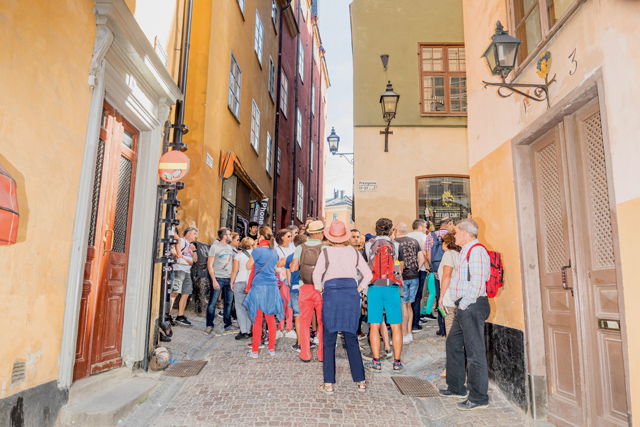
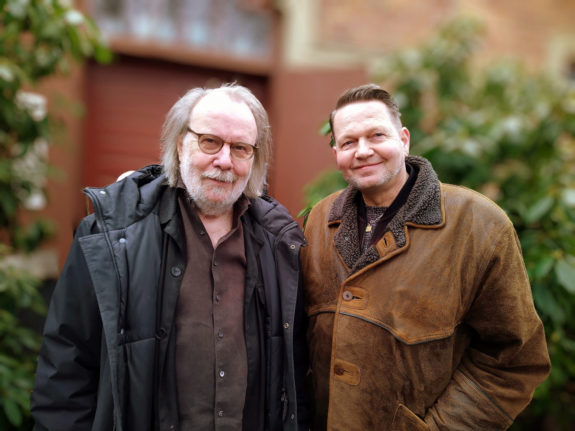

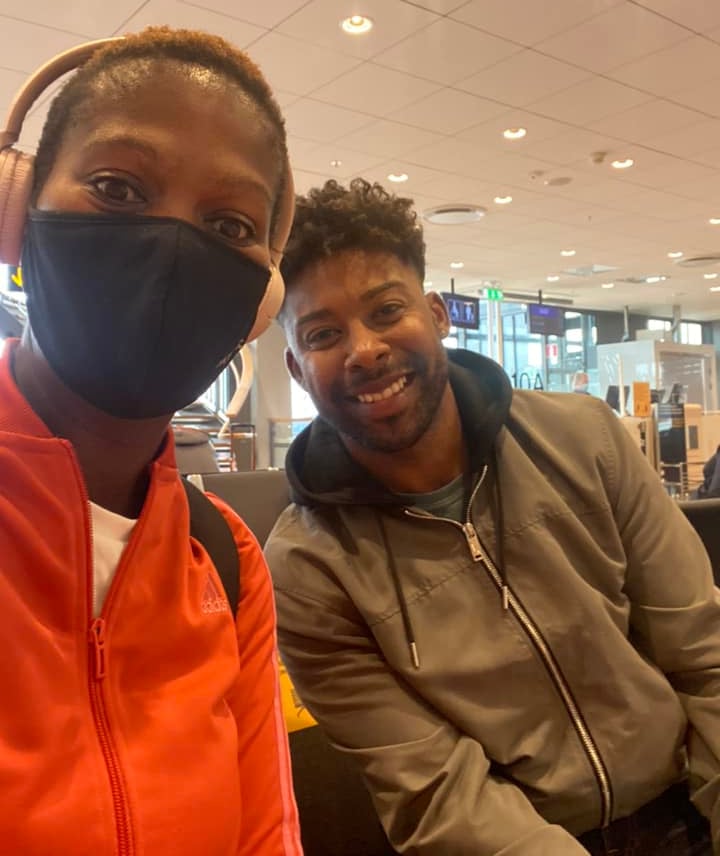
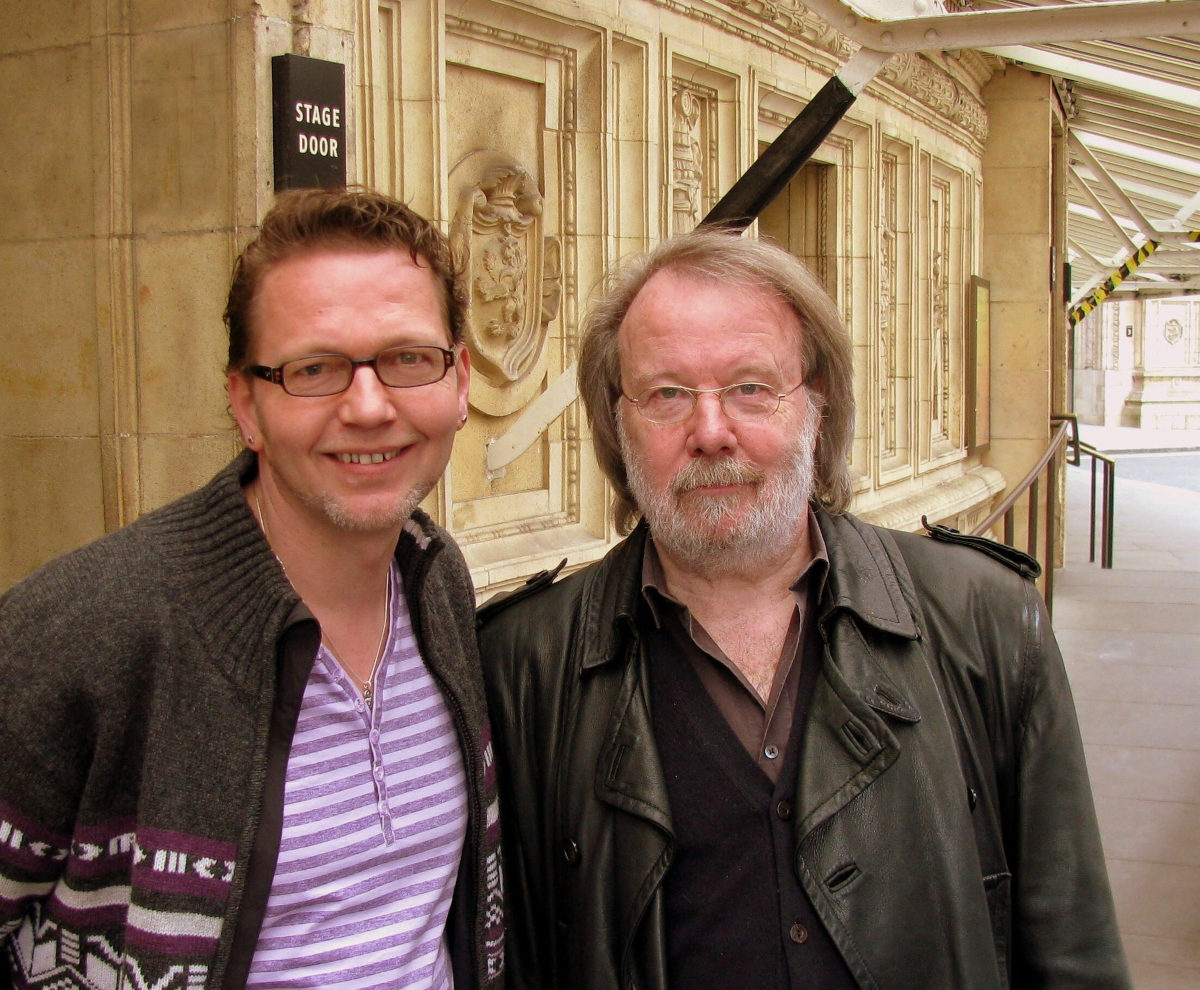
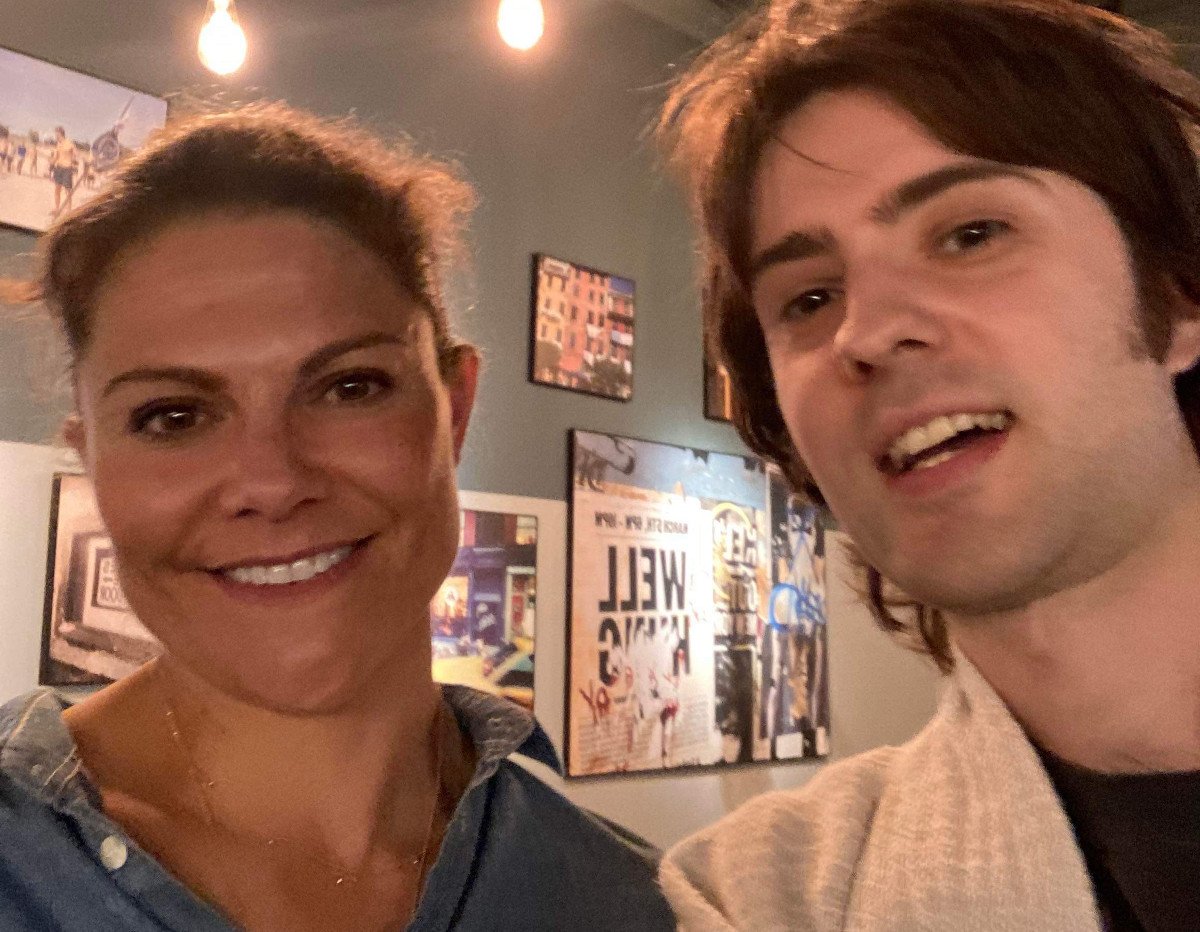
 Please whitelist us to continue reading.
Please whitelist us to continue reading.
Member comments